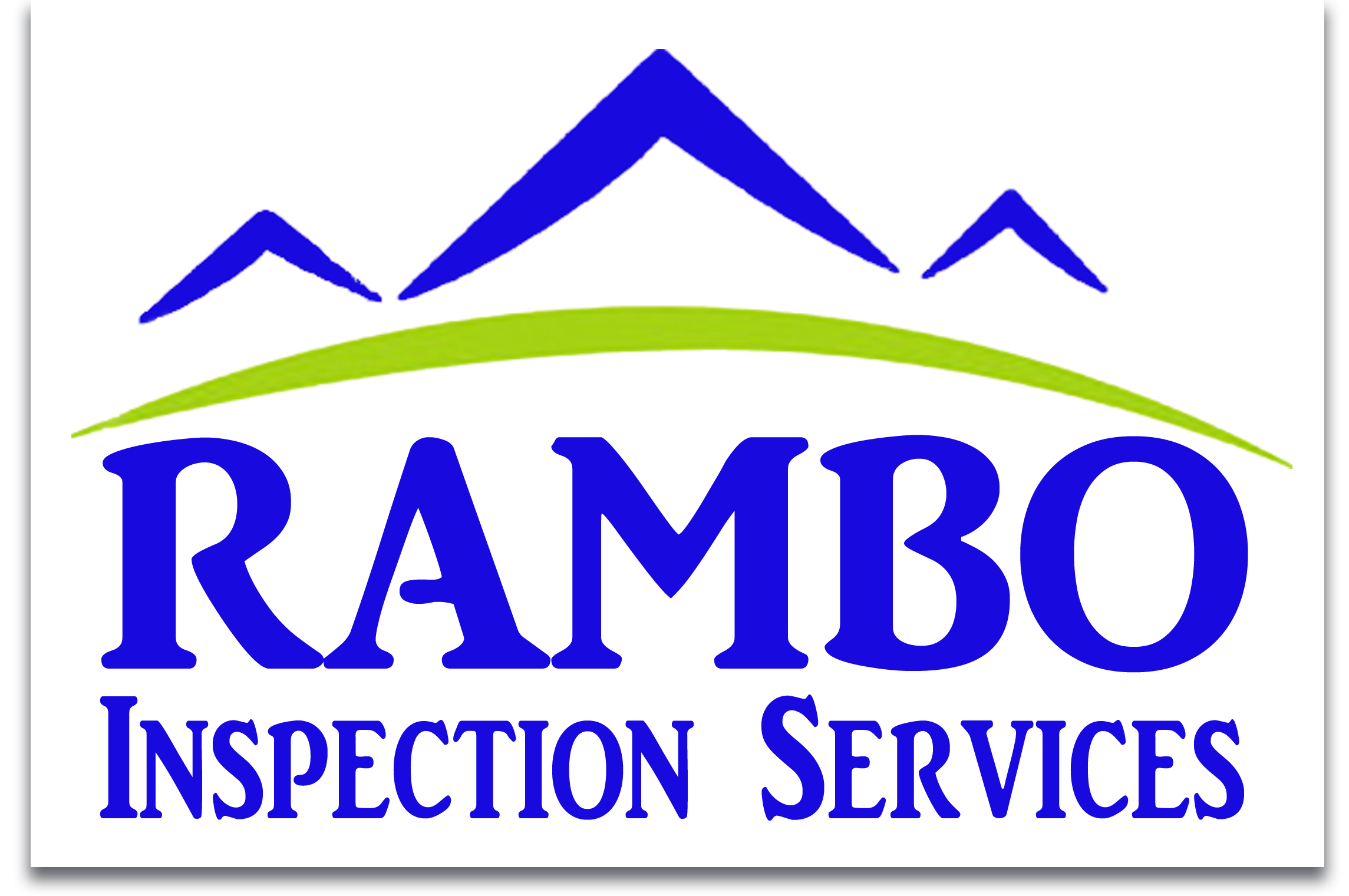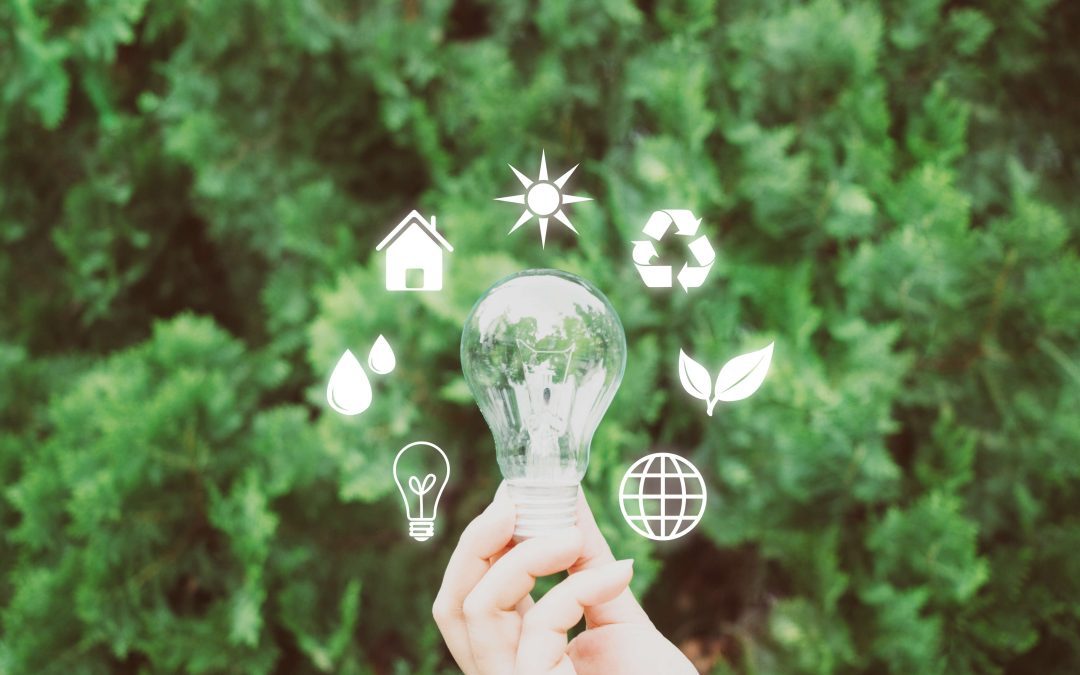Improving your home’s energy efficiency is one of the most effective ways to reduce your environmental footprint while lowering your utility bills. Here are some practical and impactful strategies to make your home more energy efficient.
Conduct a Home Energy Audit
To make your home more energy-efficient, look for where you currently use the most energy and where you can improve. A home energy audit will help you find inefficient areas. You can hire a professional auditor or do a basic audit by checking for drafts, inspecting insulation, and examining your heating and cooling systems.
Improve Insulation
Proper insulation helps maintain a consistent indoor temperature and reduces the workload on your heating and cooling systems. Check your attic, walls, and floors for adequate insulation. If your home is under-insulated, adding insulation will improve its energy efficiency. Pay special attention to your attic, as it is a common area for heat loss.
Upgrade Windows and Doors
Old, drafty windows and doors are major sources of energy loss. Replace single-pane windows with double-pane or even triple-pane options. Look for windows with low-emissivity (low-E) coatings that reflect heat into your home during the winter and keep heat out during the summer. Weatherstripping and caulking around windows and doors helps prevent drafts and improves energy efficiency.
Seal Air Leaks
Windows, doors, vents, and electrical outlets are common areas for air leaks. To seal these leaks, use caulk for small gaps and expanding foam for larger ones. Check your basement and attic for leaks, as these areas are often overlooked and contribute to energy loss.
Upgrade to Energy-Efficient Appliances
Older appliances are less efficient than newer models. When it’s time to replace your appliances, look for those with the ENERGY STAR label, which indicates they meet strict energy efficiency guidelines. Consider upgrading your refrigerator, dishwasher, washing machine, and dryer to more energy-efficient models to reduce energy consumption.
Optimize Heating and Cooling Systems
Your heating and cooling systems are among the largest energy consumers in your home. Regular maintenance, such as replacing air filters and cleaning ducts, improves their efficiency. If your systems are older, upgrade to more energy-efficient models, such as a high-efficiency furnace or a heat pump. Installing a programmable thermostat also helps you better manage energy use by allowing you to set temperatures based on your schedule.
Use Energy-Efficient Lighting
Lighting accounts for a significant portion of your home’s energy use. Switch to energy-efficient lighting options, such as LED bulbs. LEDs use up to 90% less energy and last up to 25 times longer than traditional incandescent bulbs. Install dimmer switches and motion sensors to reduce energy use further.
Incorporate Renewable Energy Sources
Incorporating renewable energy sources, like solar panels, lowers your home’s reliance on non-renewable energy. While the initial investment may be high, the long-term savings on your energy bills and the positive environmental impact make it worthwhile. Many local and federal programs offer incentives and rebates for installing renewable energy systems, making them more affordable.
Making your home more energy efficient is a rewarding investment that benefits your wallet and the environment. Embrace these changes confidently, knowing each step brings you closer to a more energy-efficient and eco-friendly home.
FAQs
How much can I save by making my home more energy-efficient?
The amount you can save depends on the specific improvements you make and your current energy use. On average, homeowners can save 10-30% on energy bills by implementing energy-efficient upgrades.
What is the best insulation for my home?
The best insulation depends on your climate and the specific areas of your home. Common types include fiberglass, cellulose, and spray foam. Consult a professional to help you determine the best option for your needs.
How often should I replace my HVAC filters?
It’s recommended that you check your HVAC filters every month and replace them every three months, or more frequently, if they appear dirty. Clean filters improve efficiency and prolong the life of your system.
How can I find a reputable home energy auditor?
Look for certified professionals through organizations such as the Building Performance Institute (BPI) or the Residential Energy Services Network (RESNET). Reading reviews and asking for recommendations will also help you find a reliable auditor.
Rambo Inspection Services provides home inspections in the Chicagoland area. Contact us to schedule our services.

